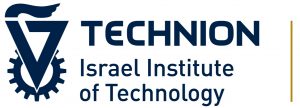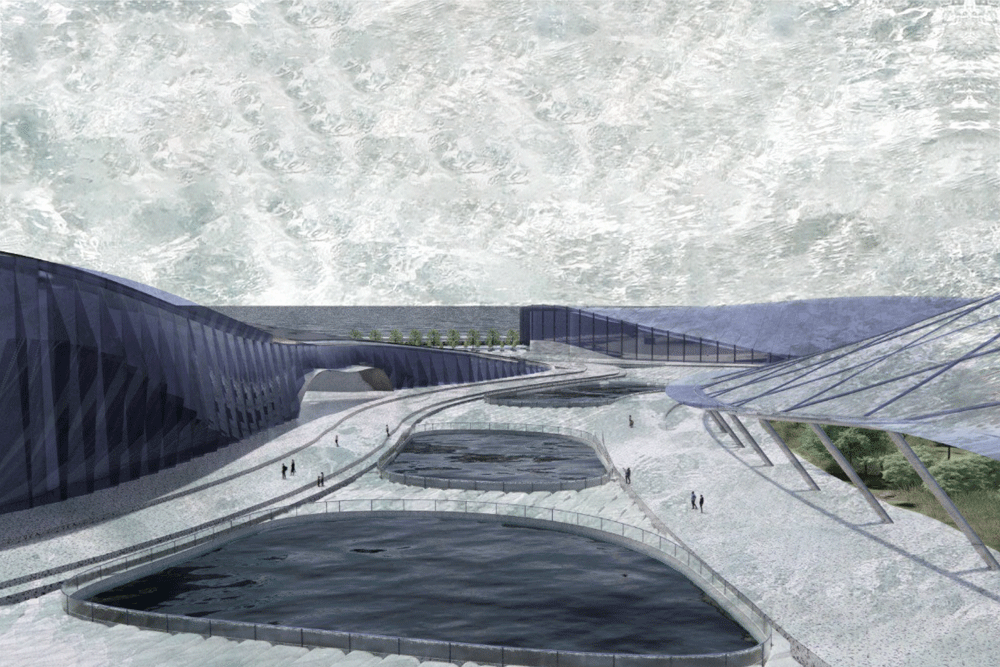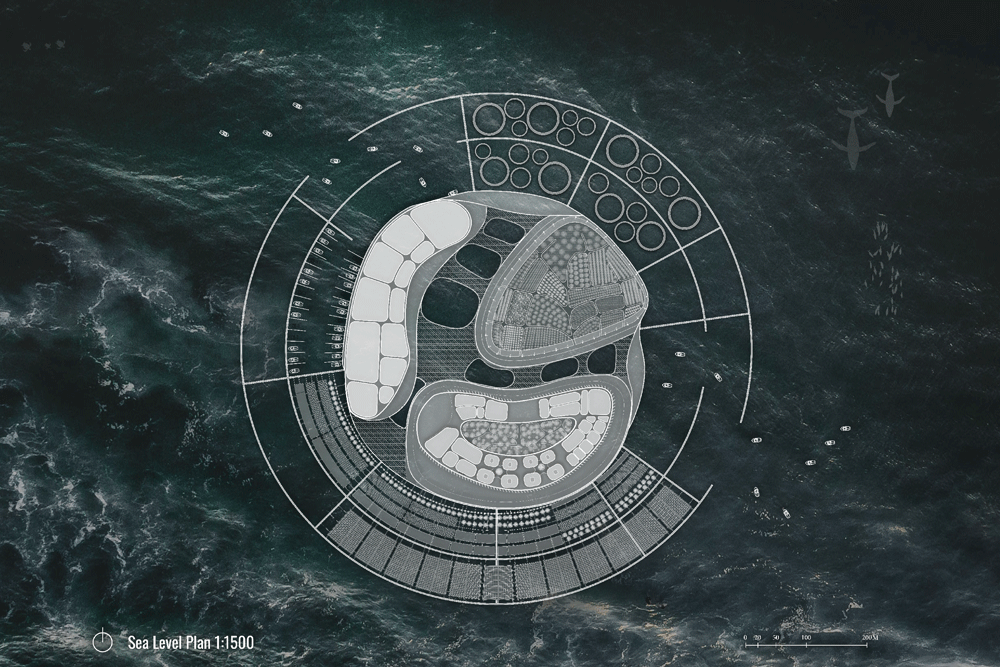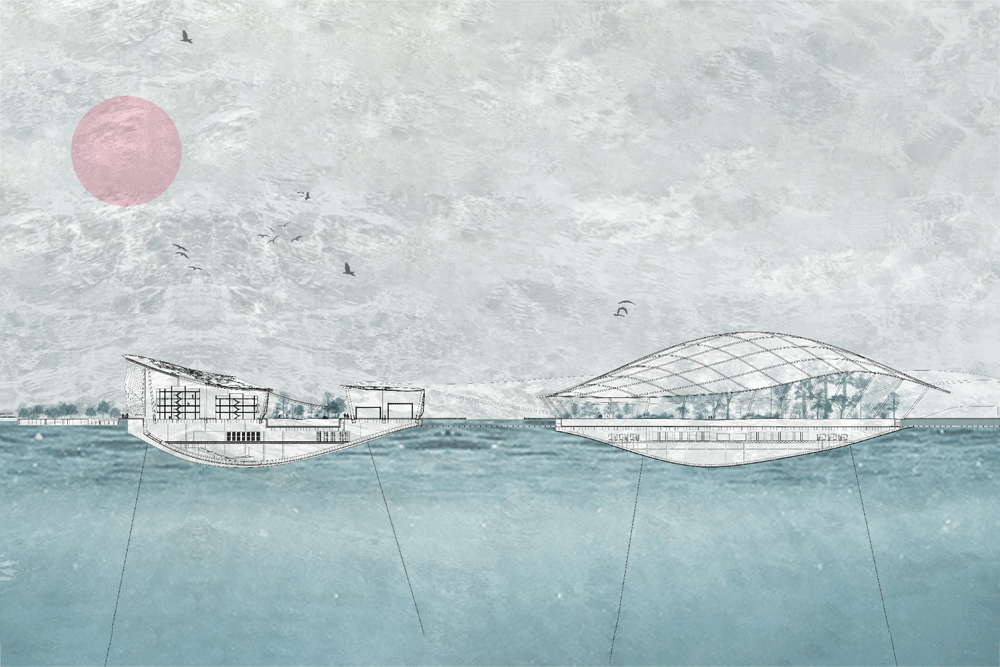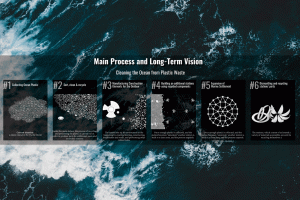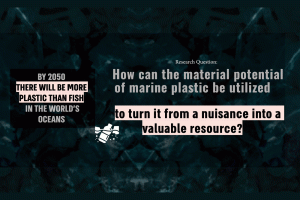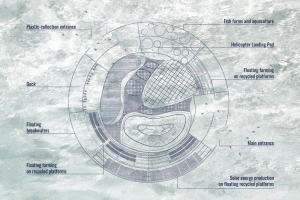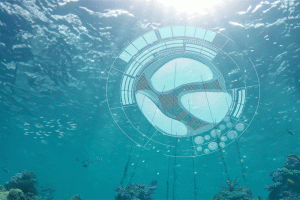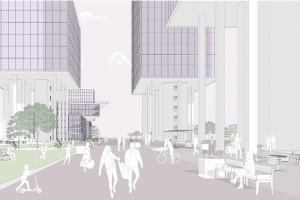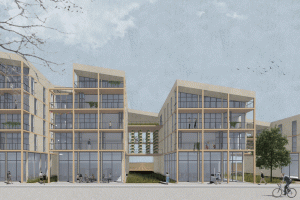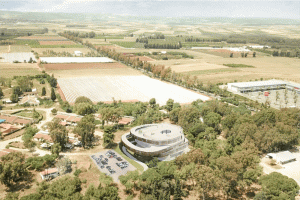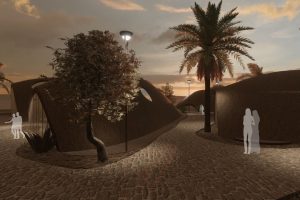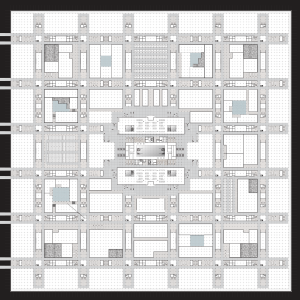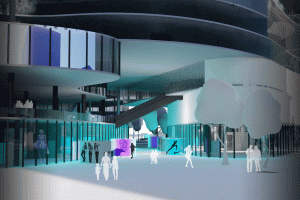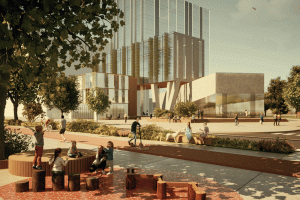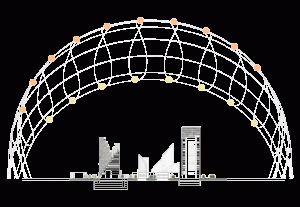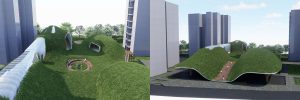Plastic Oceans
The oceans cover approximately 70% of the Earth’s surface. While vast areas remain unexplored by humans, the impact of human activities is unmistakable within them. Every year, millions of tons of trash, nearly 70% of which is plastic waste, are discarded into the seas. This phenomenon stems primarily from modern lifestyles, production and consumption patterns, as well as waste disposal, treatment, and management practices.
The consequences of plastic pollution are profound and destructive, harming marine habitats and causing biological accumulation that damages the entire food chain. In addition to environmental repercussions, economic damages affect industries such as tourism, fishing, aquaculture, and government-led marine cleaning efforts. What if this issue could be viewed as an opportunity? How might we harness the concentrations of marine plastic to benefit both humanity and the environment?
Plastic possesses considerable material value due to its low weight, cost-effectiveness, durability, strength, design flexibility, and recyclability. These properties provide fertile ground for creative solutions and material innovation. This project acknowledges the significance of marine preservation while recognizing plastic’s potential, offering an innovative approach: the construction of a floating marine structure designed to serve as a hub for plastic collection, recycling, and the production of architecturally and aesthetically valuable elements. These elements will cater to the inhabitants of the structure, expanding living spaces from individual buildings to a scale that supports a floating marine community.
To achieve this objective, the project tackles the challenge of establishing an independent and sustainable marine living environment. This environment encompasses green energy generation, food cultivation, water desalination, and waste management, all integrated with residences, recreational areas, and workplaces for diverse users. To fulfill this vision, the project explores innovative production technologies related to energy, food, and water, reviews relevant typologies for this unique project, and assesses the needs and requirements of the main program components, including plastic processing, living spaces, and manufacturing. The aim is to ensure a high quality of life for station users while effectively utilizing marine plastic to establish a floating marine settlement that benefits both humanity and the environment.
